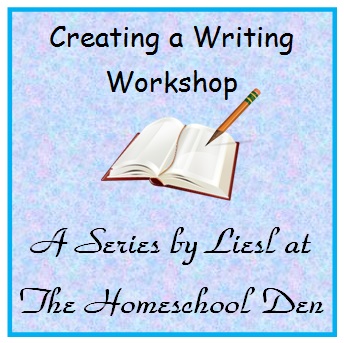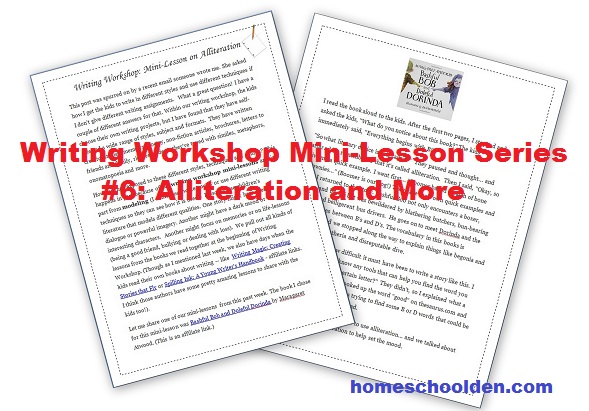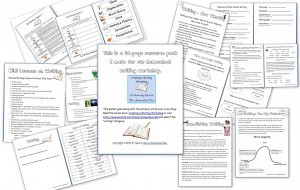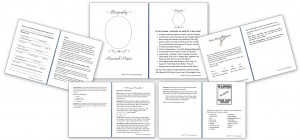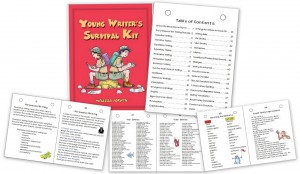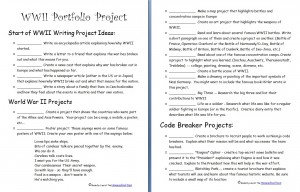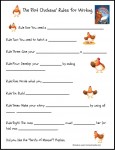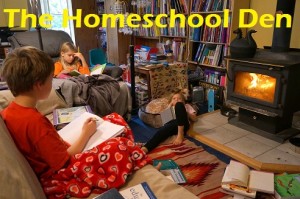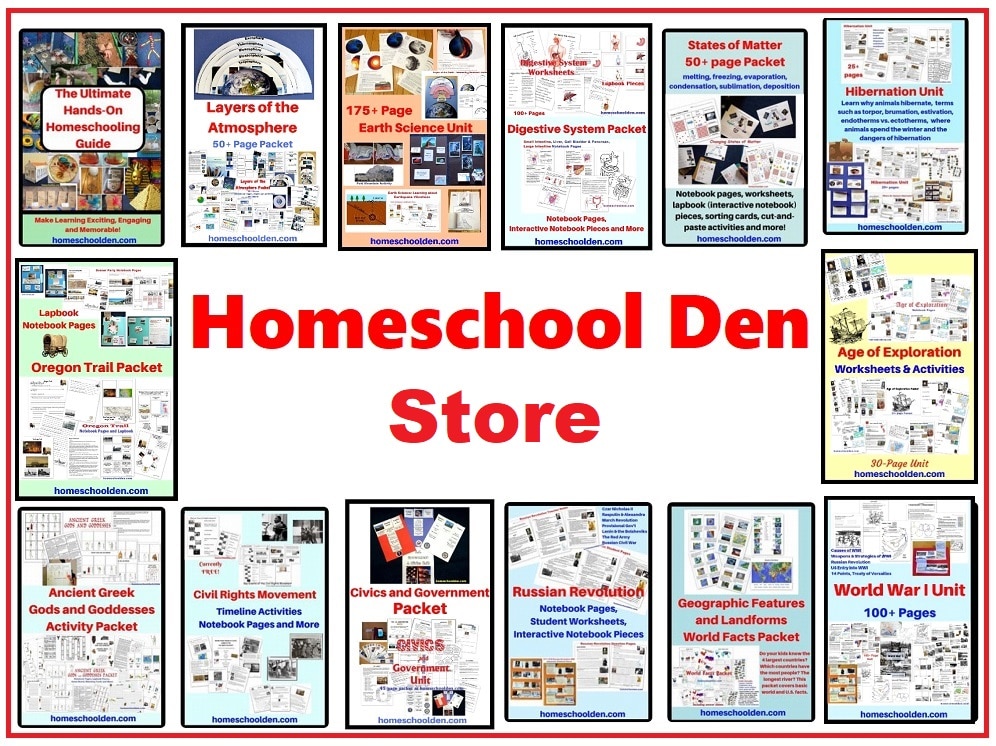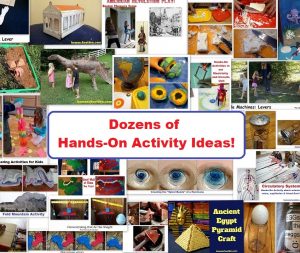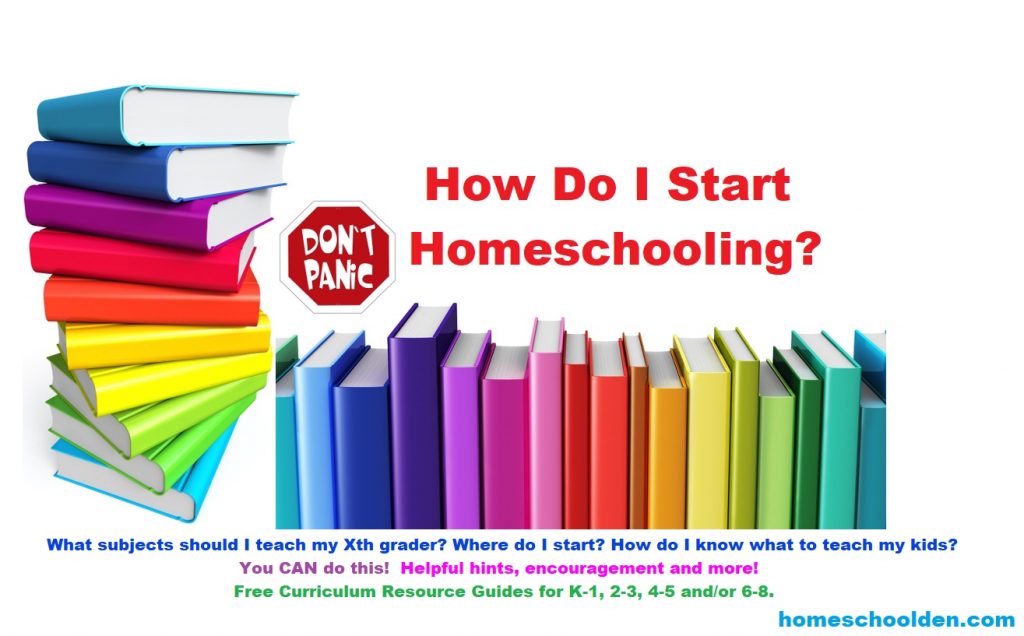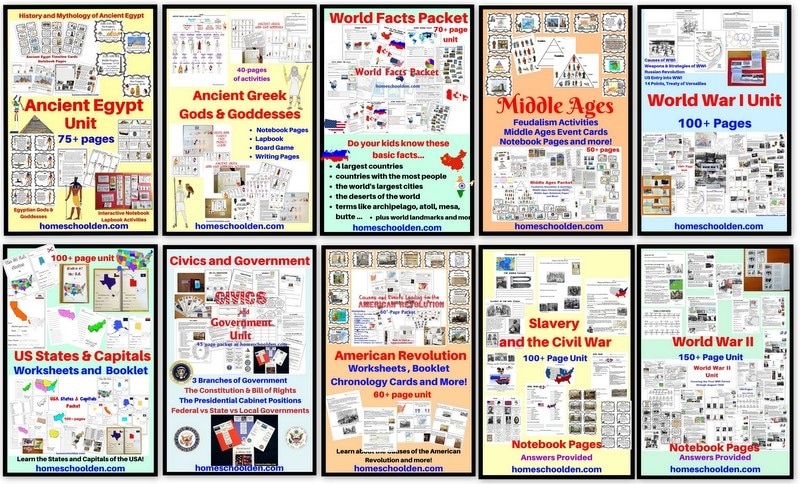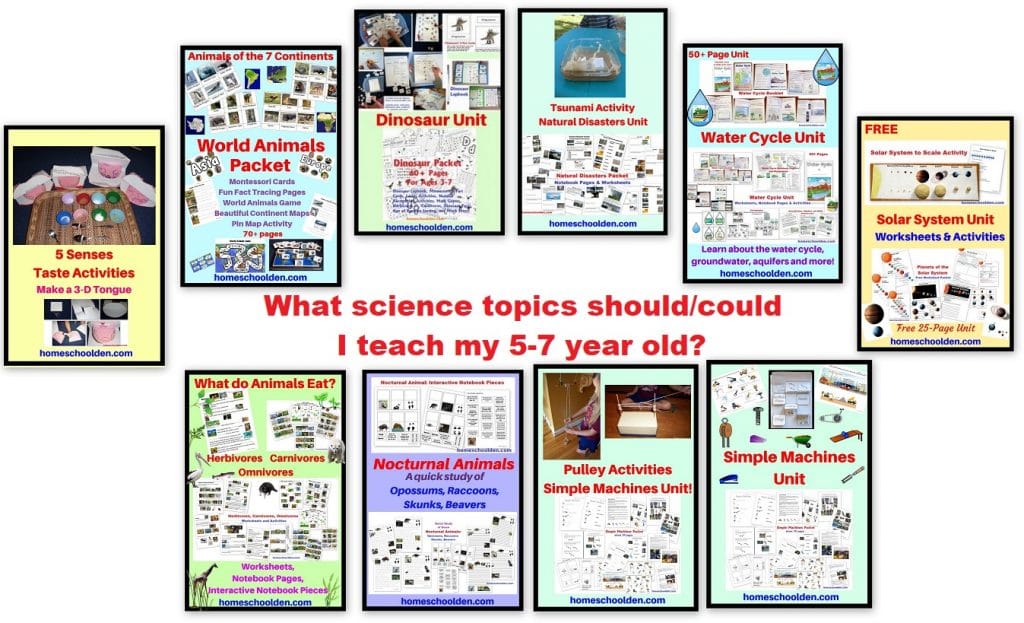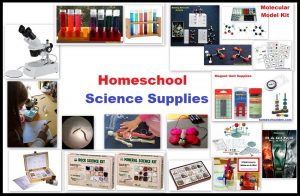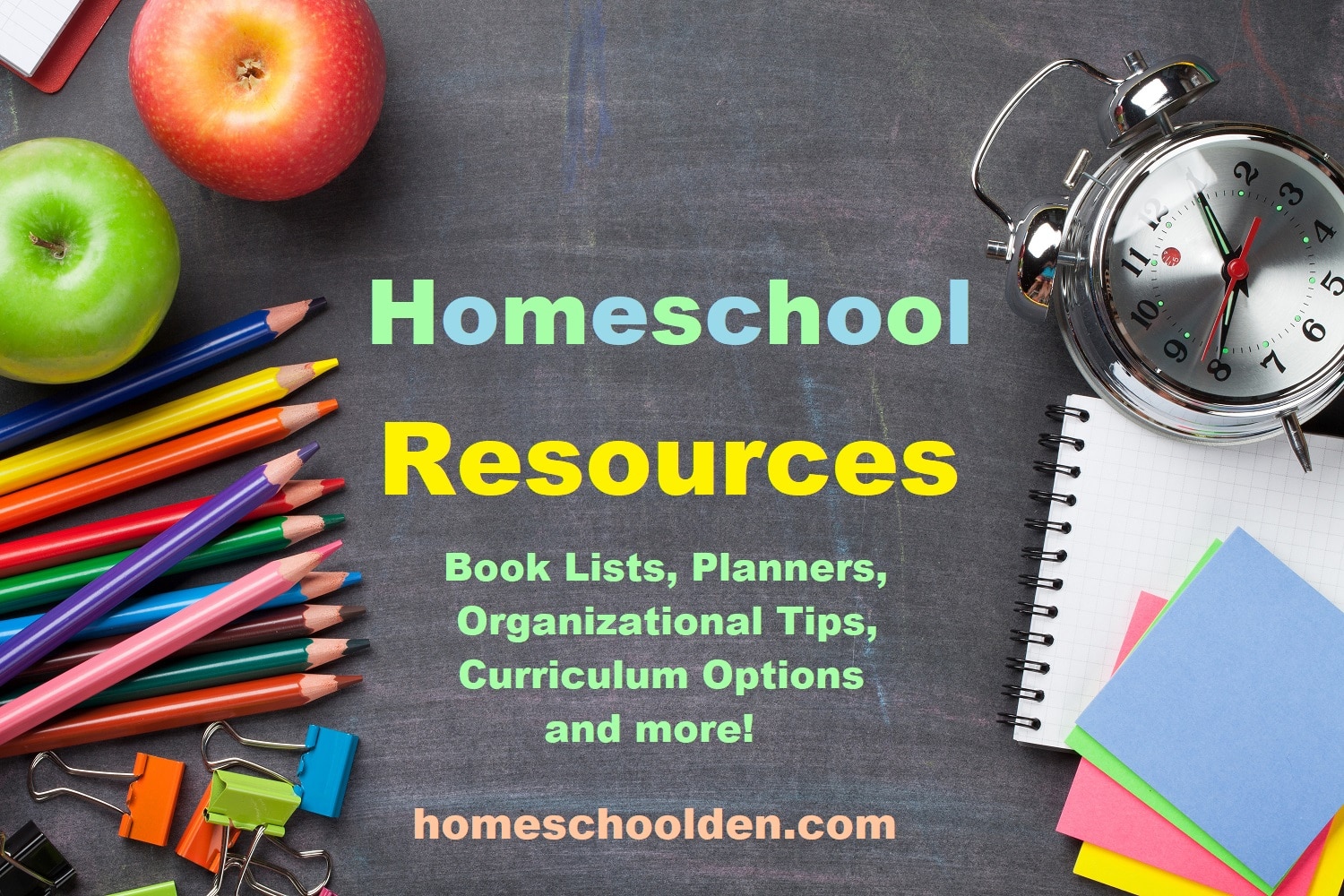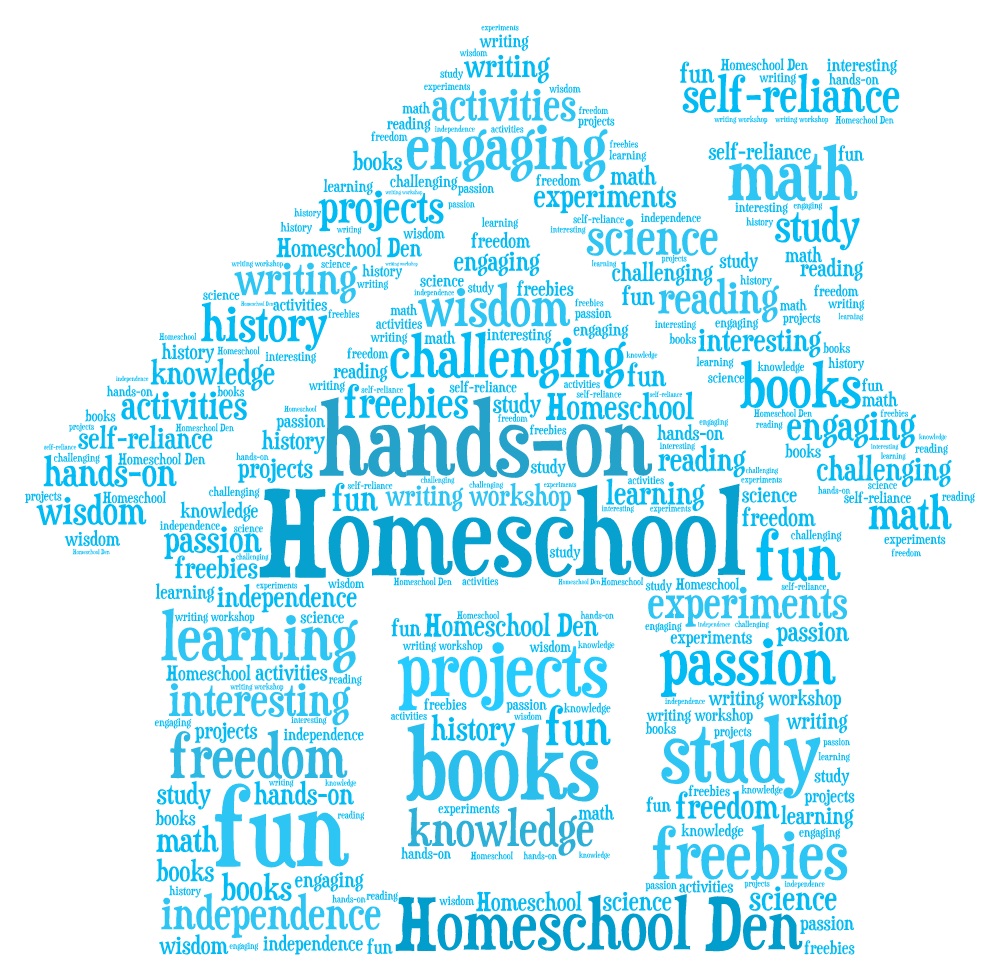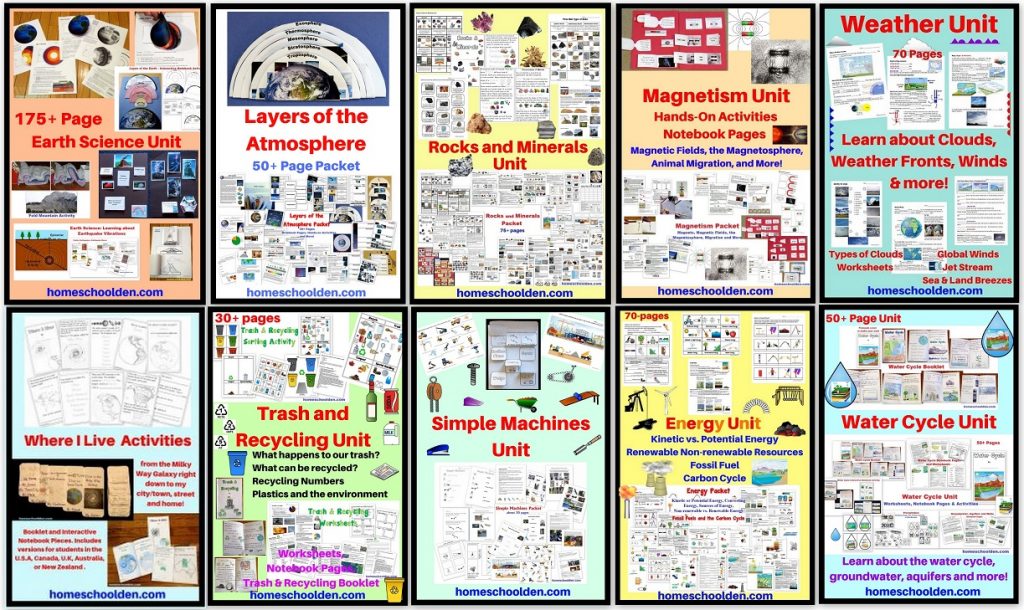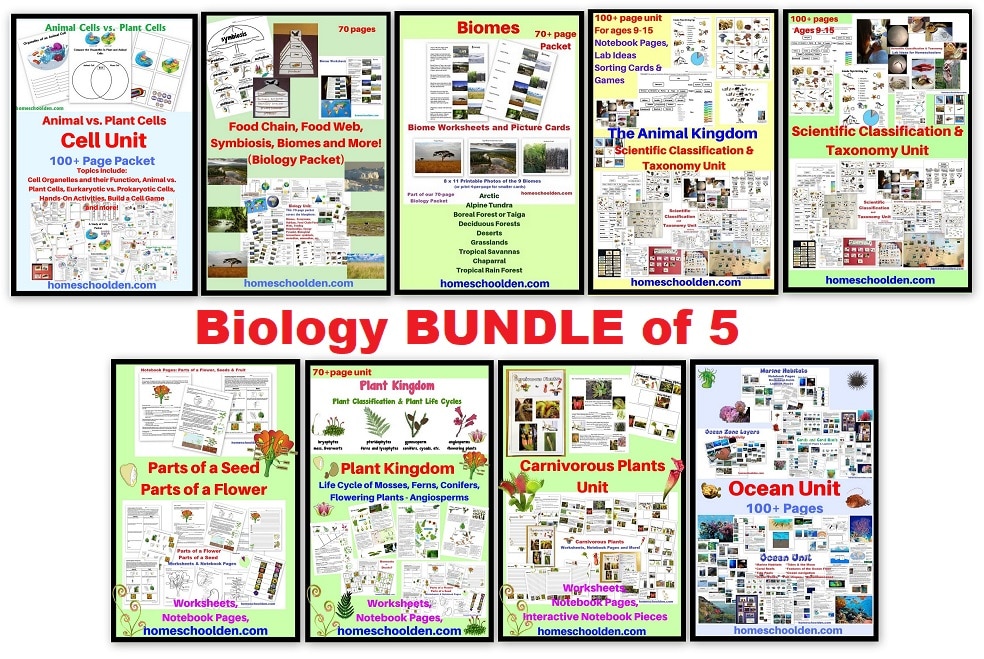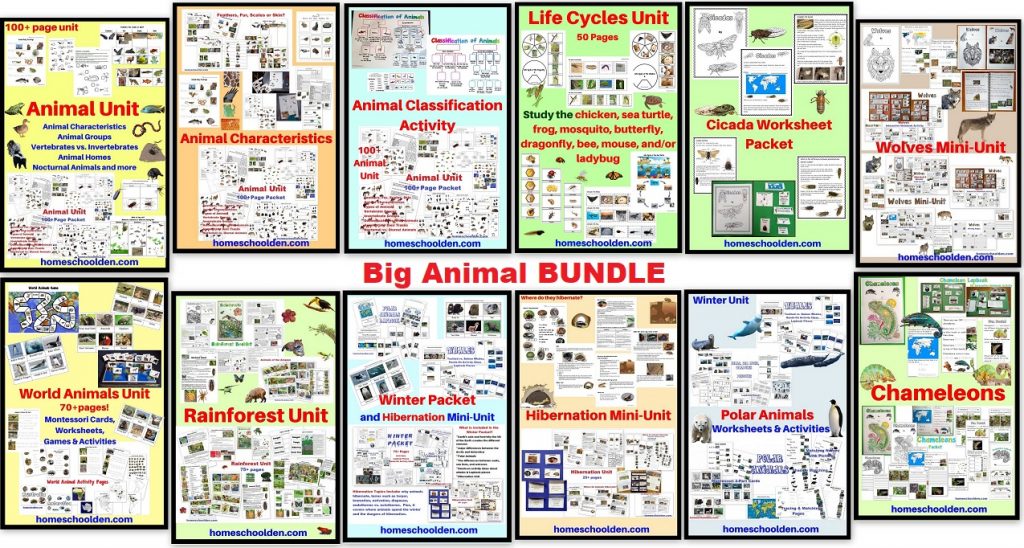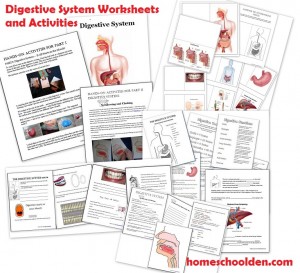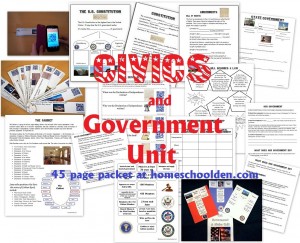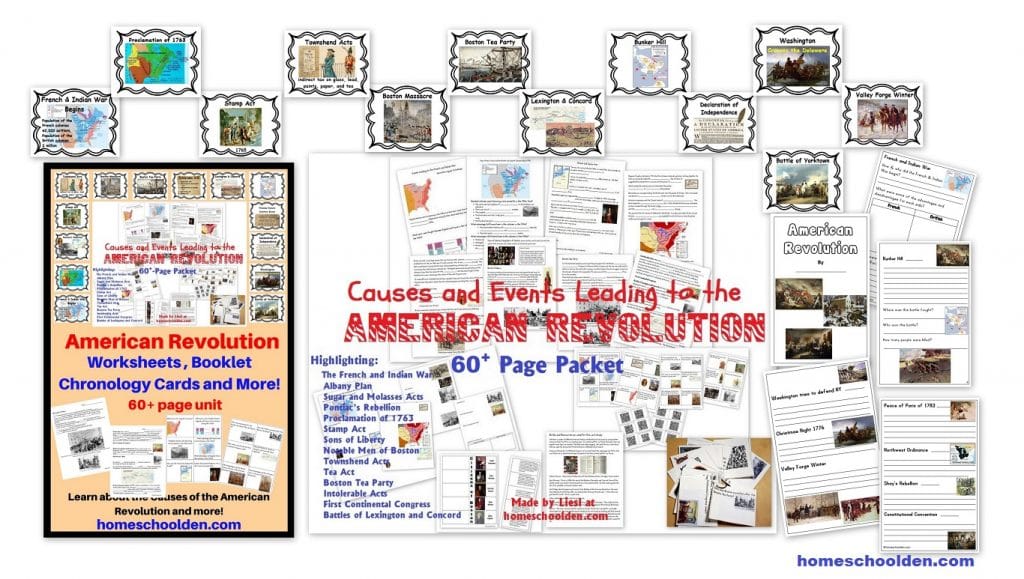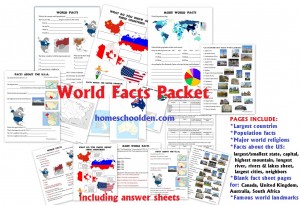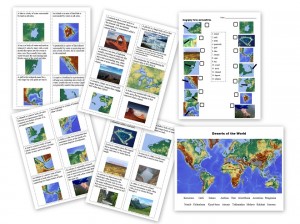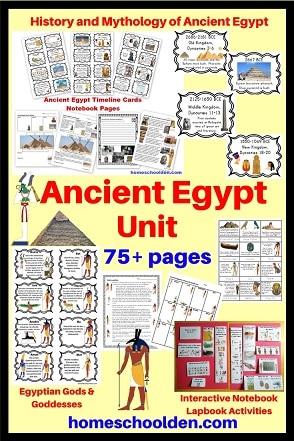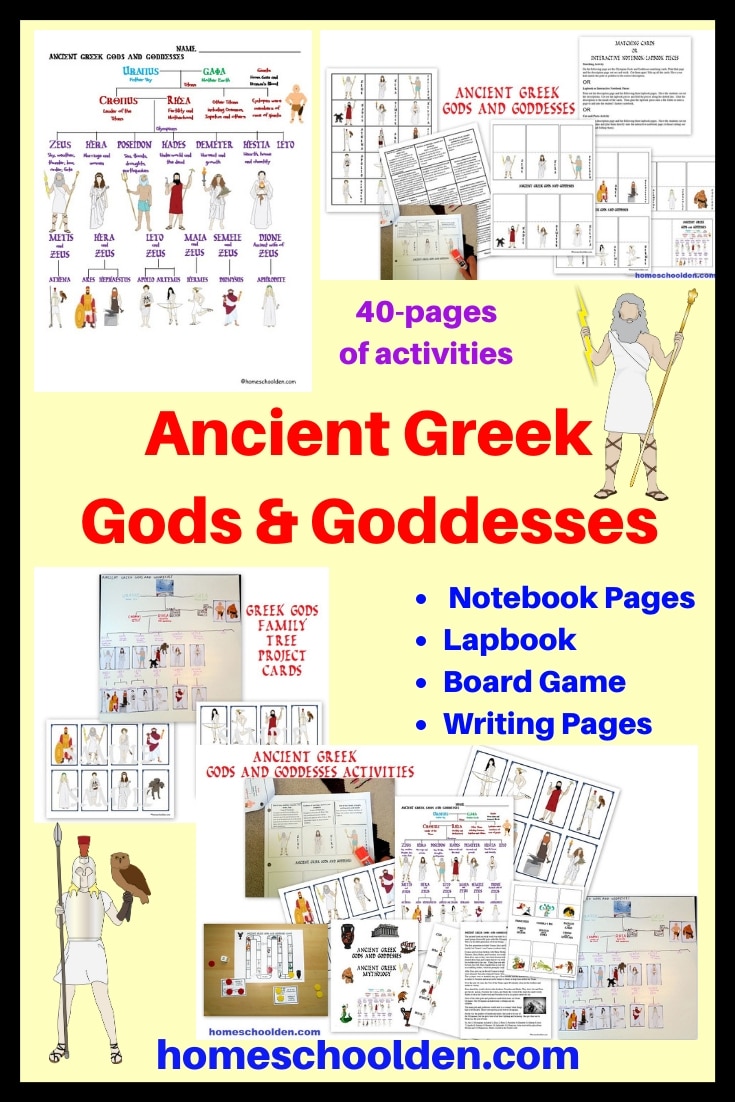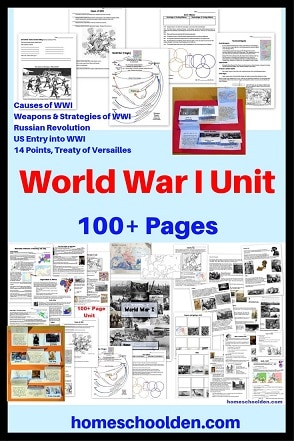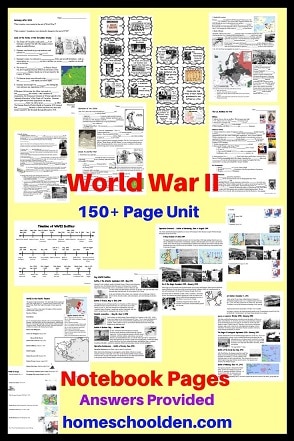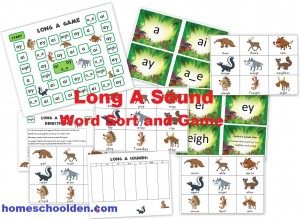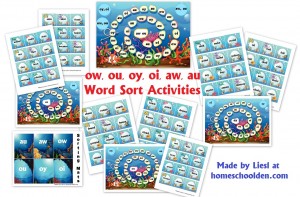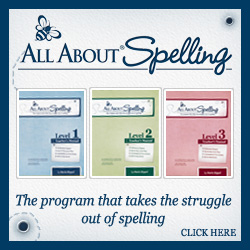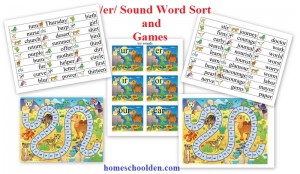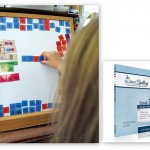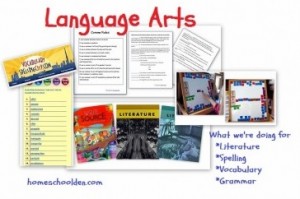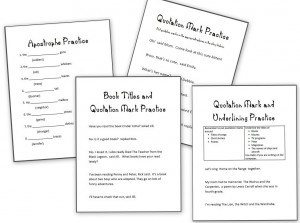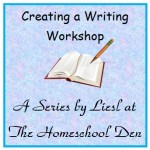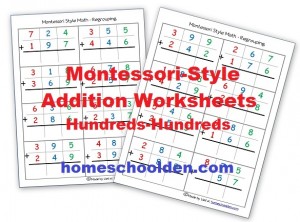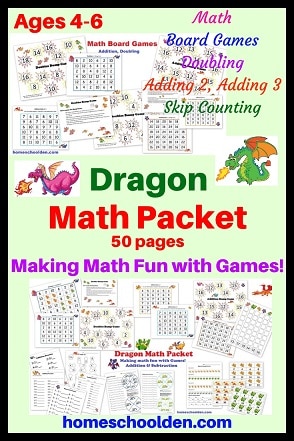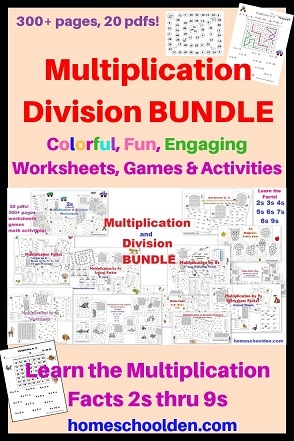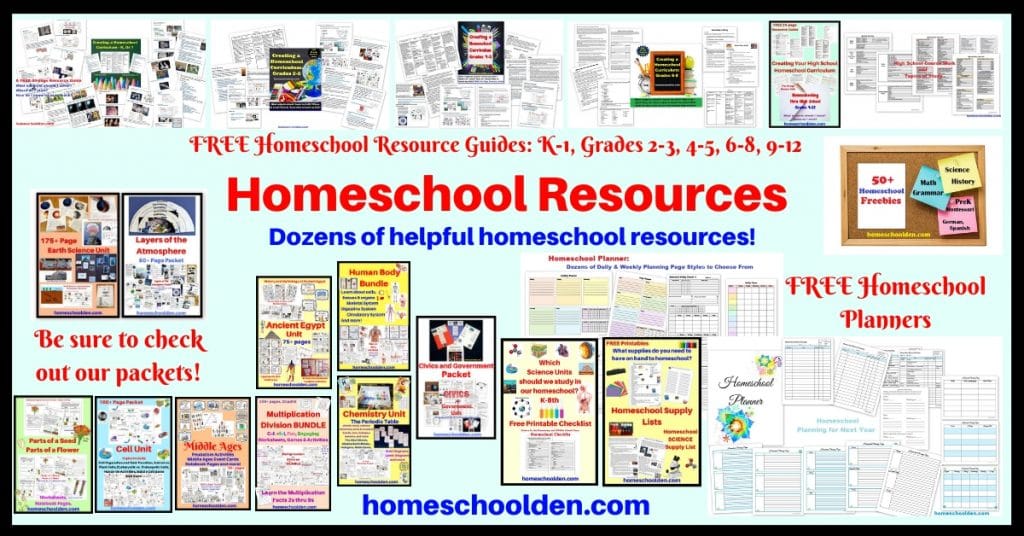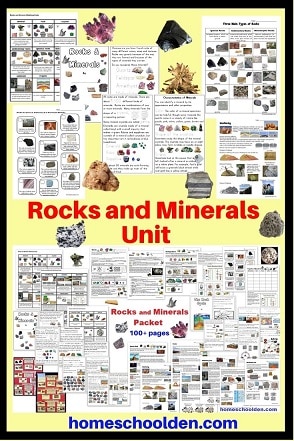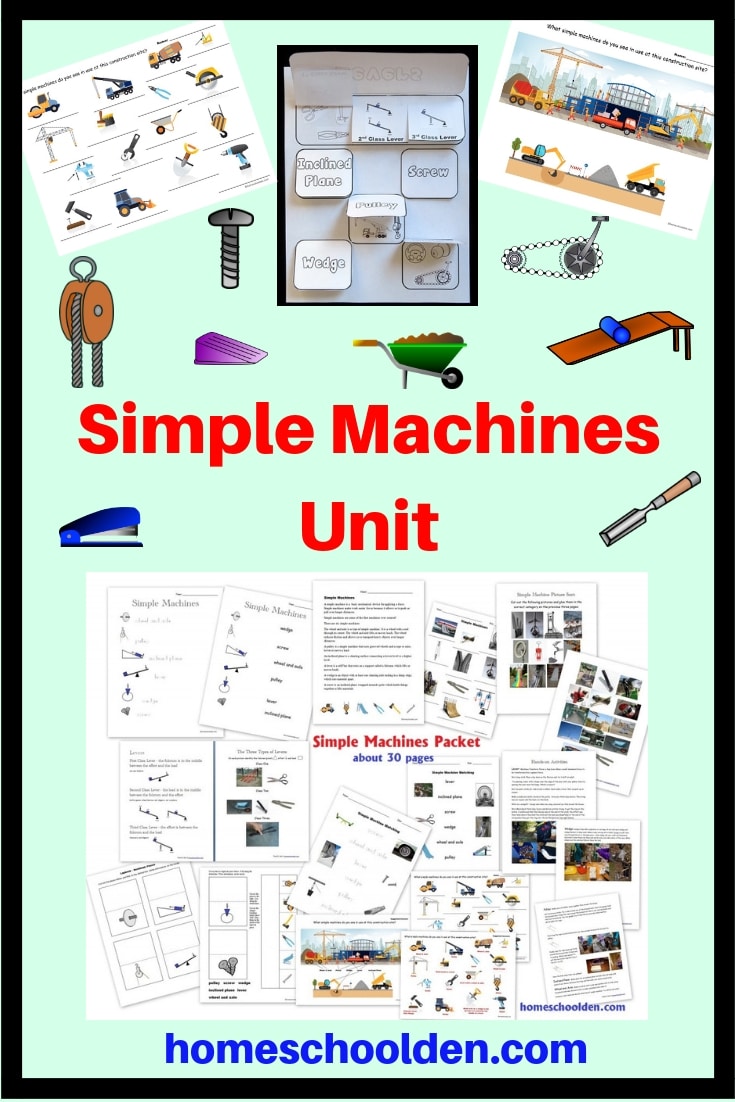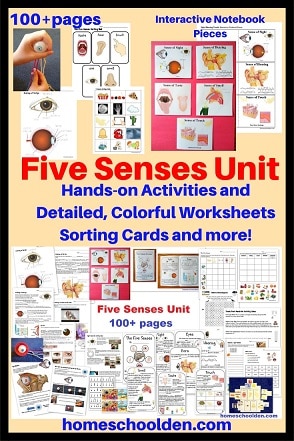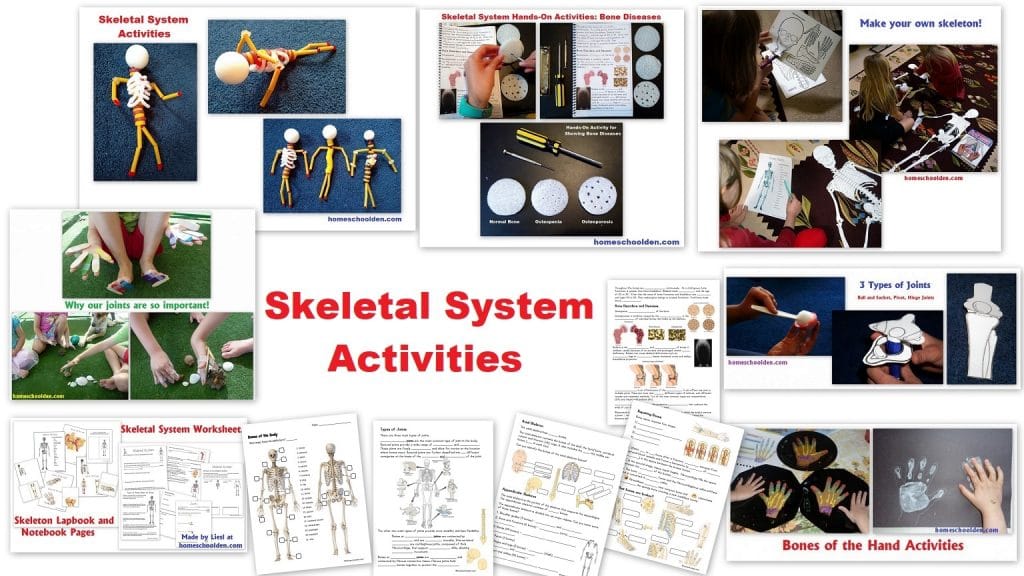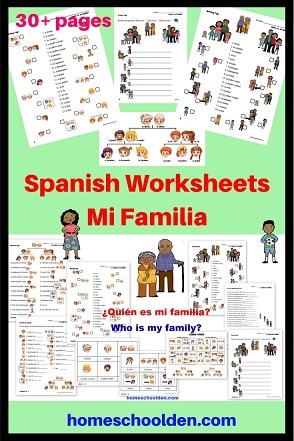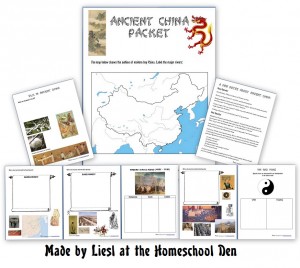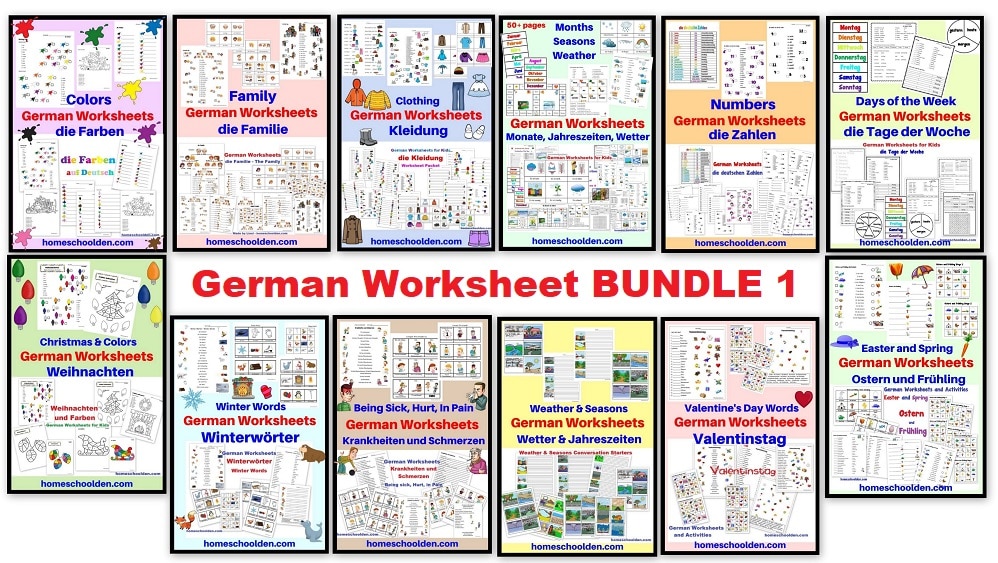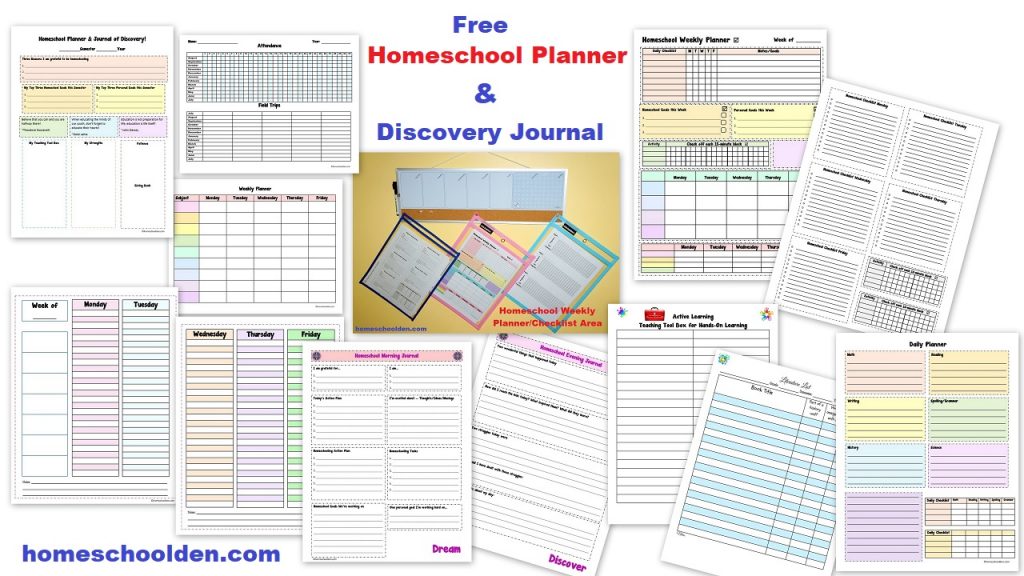Writing Workshop MiniLesson #6 – Alliteration and More
The writing workshop is more than just sitting down together and putting pencil to paper. This is also our time to learn about the writing process, to talk about different writing genres, and to learn about different literary techniques. During our writing workshop, we take the time to explore writing as a craft.
About a year ago, I shared a number of writing workshop mini-lessons. I wrote a series of 5 posts with lesson ideas to help young writers get started on their writing journey. Those 5 included (you can use them in any order):
- What makes a good book or story?
- Make your story come alive with details and description.
- Creating Interesting Characters
- Story Openings: Set the mood or feeling of your story
- Gathering story ideas from your own life
Since then, I’ve gotten a number of emails from readers who have started their own Homeschool Writing Workshop. I’ve heard how well it’s going for their families. Hooray! And, numerous people have asked if I planned to share more of our lessons. It’s been a long time in coming, but I thought I’d try to share a few more lessons… So here’s Mini-Lesson #6 which talks about the literary device – alliteration.
This was spurred on by a recent email someone wrote me. She asked how I get the kids to write in different styles and use different techniques if I don’t give different writing assignments. What a great question! I have a couple of different answers for that. Within our writing workshop, the kids choose their own writing projects, but I have found that they have self-selected a wide range of styles, subjects, techniques, and formats. They have written creative stories, memoirs, poetry, non-fiction articles, brochures, letters to friends and family, riddles, codes… they’ve toyed with similes, metaphors, onomatopoeia and more.
How are they exposed to these different styles, techniques and genres? This happens in part because of our writing workshop mini-lessons and in part from modeling (I sometimes write poetry or use different writing techniques so they can see how it is used.) I also choose children’s literature that models different qualities. One story might have great dialogue or powerful imagery. Another might have a dark mood or interesting characters. Another might focus on memories or on life-lessons (being a good friend, bullying or dealing with loss). We pull out all kinds of lessons from the books we read together at the beginning of Writing Workshop. (Though as I mentioned last week, we also have days when the kids read their own books about writing — like Writing Magic: Creating Stories that Fly or Spilling Ink: A Young Writer’s Handbook – affiliate links. I think those authors have some pretty amazing lessons to share with the kids too!).
Let me share one of our mini-lessons from this past week. The book I chose for this mini-lesson was Bashful Bob and Doleful Dorinda by Maragaret Atwood. (This is an affiliate link.)
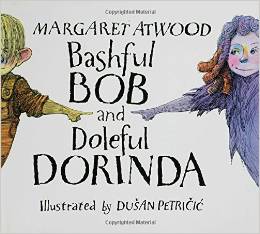
“So what literary device is this called?” They paused and thought… and after a hint remembered that it’s called alliteration. Then I said, “Okay, so give me a quick example. I went first… “Boomer baked a batch of bone brownies…” (Boomer is our dog!) They gave their own quick examples and then I returned to the story. Bashful Bob not only encounters a boxer, beagle and borzoi but was bewildered by blathering butchers, bun-bearing bakers and belligerent bus drivers. He goes on to meet Dorinda and the story bounces between B’s and D’s. The vocabulary in this books is impressive and we stopped along the way to explain things like begonia and befuddled, Diphtheria and disreputable dive.
We talked about how difficult it must have been to write a story like this. I asked them, “Do you know any tools that can help you find the word you want that starts with a certain letter?” They didn’t, so I explained what a thesaurus is and quickly looked up the word “good” on thesaurus.com and we looked through the words trying to find some B or D words that could be integrated into the story we read.
I asked when writers might want to use alliteration… and we talked about how many poets use alliteration to help set the mood.
Because this was our first mini-lesson in nearly a month (long break, etc.), we talked briefly about the
- characters
- supporting characters
- setting
- mood
I asked the kids first who the main characters were – Bob and Dorinda. Then I asked who the supporting characters were. They named practically everybody and everything else they could think of! So from there we went on to talk about the difference between an antagonist and protagonist… and talked briefly about the lessons each of the characters learned over the course of the book.
When I asked them what the setting was, they spent a few minutes flipping through the illustrations. They said that the book was set in the city “not too long ago.” I asked them why they said that and they said, “Well, it’s definitely not today because of their clothes and that old-fashioned hair dryer.”
The books was a wonderful selection for talking about mood. DD pointed out that it was sad in the beginning but got happier and LD added that it became much more hopeful. We looked closely at the colors the illustrator used (yellow-orange and purple) and talked about how that influenced the mood of the story as well. We talked about how different this book was compared to a Dr. Seuss book with its cheerful colors.
Before we set the timer to start writing, I usually say something like “you might want to try using alliteration in your writing at some point soon.” I try to be vague enough that they don’t feel compelled to use it today, but want them to keep it in the back of their minds for sometime in the future. DD in particular often incorporates these techniques into her writing.
I like to make these lessons easy to access and created a downloadable pdf of the lesson I just described. Here’s the link to that:
Writing Workshop Mini-Lesson Day 6 on Alliteration
Do you want to learn more about starting your own Homeschool Writing Workshop? Here are some related posts:
- Creating a Homeschool Writing Workshop – Post #1 — How/Why we needed a change in our writing program
- Creating a Homeschool Writing Workshop – Post #2: Creating a Writing Workshop Area and Materials to Have on Hand
- Creating a Writing Workshop Post #3: This post is about Mini-Lessons during writing time, mentor texts and includes reviews of 8 or 9 writing books that you might find helpful.
- Writing Resource Pack: This is a post about the 30-page pack I made for our writing workshop. Reference pages on the 6 +1 Wri ting Traits, Mini-Lessons, the types of writing, creating a powerful beginning, techniques for ending a story/paper, and so forth. (These writing resources are free to download.)
- Writing Workshop: Dr. Seuss Style: The kids and I had fun writing in the style of Dr. Seuss!
- Biography Research Paper Resource Pack
- Practical Pointers for Working with a Reluctant Writer (or any Writer)
- Writing Activity to Spark Kids’ Imagination!
- 40 Journal Writing Prompts (Free Printable)
- Animal Portfolio Project: writing, art and geography activities that go with any animals… With many activities to choose from. Writing activities include both fiction and non-fiction suggestions such as
- Write a speech or a letter to the president on why your animal needs protection in the wild.
- Menu: Create a humorous menu at a restaurant where your animals would like to eat.
- WWII Portfolio Project
- Writing Workshop: What we’re doing for writing this fall
- Writing Workshop Rules! Why the Writing Workshop continues to work so well in our homeschool.
Mini-Lessons to Use in a Writing Workshop (in any order):
- Writing Workshop Mini-Lesson: Rules for Writing and the Story Writing Process — Have your kids read the Plot Chicken? We started our Writing Workshop this year off with this book. What a great buk, buk!! In fact, I liked it so much that I created a chicken writing rules printable to go along with the book!
- What makes a good book or story?
- Make your story come alive with details and description.
- Creating Interesting Characters
- Story Openings: Set the mood or feeling of your story
- Gathering story ideas from your own life
- Alliteration and more
- Adding Details Exercise Don’t miss this one, the kids LOVED this activity!!
- Writing Workshop: Conflict in Literature (Man vs. Man, Man vs. Self, etc)
- Writing Workshop Discussion Questions
- Writing Workshop Mini-Lesson: Rules for Writing and the Story Writing Process
- Writing Scary Stories
- Writing: Literacy Depth and Complexity Icons and More
Come visit us at the Homeschool Den Facebook Page! I’d love to hear if you found this helpful. Don’t forget to Subscribe to our Homeschool Den Newsletter! ~Liesl
